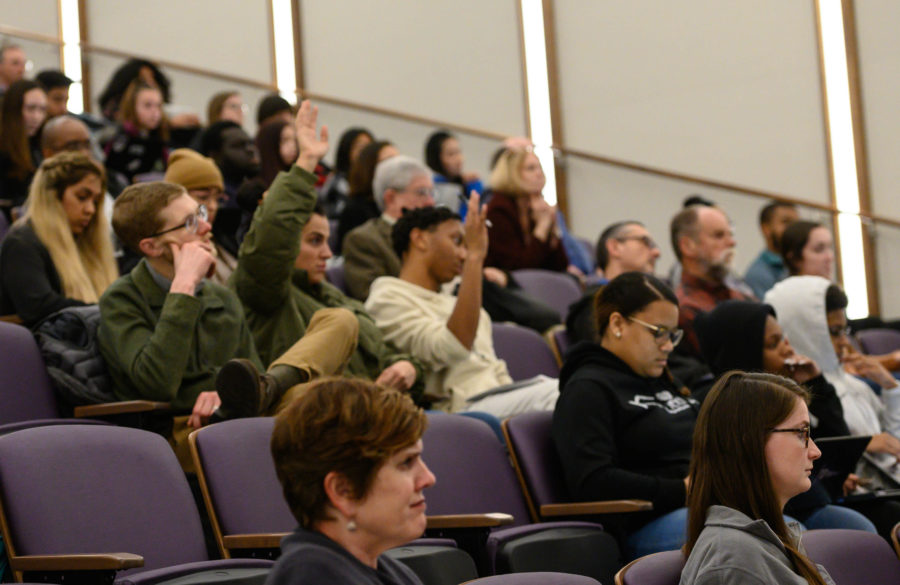TCU hopes to spark a conversation about mental health issues in the classroom with a keynote and panel curated by the Academic Excellence Committee.
The event, called Mental Health & the Classroom, is meant to provide insight for faculty and staff on how to support students who struggle with mental health issues.
According to a study conducted by the American Psychiatric Association, 34% of university students nationwide are receiving treatment for mental health concerns.
Joddy Murray, the Academic Excellence committee chair, said that Stacy Mason, the associate director of Student Disabilities Services, will deliver a keynote speech on the current state of mental health at TCU.
In addition, three faculty members will talk about strategies to deal with mental health in the classroom and three staff members involved with challenges regarding mental health will speak, Murray said.
“The rise of mental health issues in the classroom has left faculty feeling unprepared in their training,” Murray said. “This is an effort for us to get ahead of the curve and help mutually teach faculty who are dealing with these issues.”
The perspective of the audience will be important in the development of the teaching, Murray said.
“We want to have a conversation about teaching in these situations and new ways to think about that so that we’re as inclusive as possible for all students,” Murray said.
Murray discussed the importance of recognizing mental health issues in the classroom and sharing practices to better accommodate students to promote student excellence and inclusion.
Dr. Andrew Ledbetter, a communications professor at TCU, said when he encounters a student who may be struggling, he directs them to Campus Life and to the Counseling and Mental Health Center.
“Over my almost 20 years serving as a college instructor, I’ve seen both an increased prevalence of mental health concerns, but also an increased openness in talking about such concerns,” Ledbetter said.
The use of counseling centers by university students has increased across the country by an average of 30%-40%, according to a report by Penn State University’s Center for Collegiate Mental Health.
However, Murray said not all students are open to talking about mental health.
“Students don’t want to talk about it with faculty or feel stigmatized,” said Murray. “But that doesn’t keep us as faculty from getting better so that’s what we’re trying to do.”
The discussion will be held in the Brown-Lupton University Union Ballroom on March 3 from 4 p.m. to 6 p.m.







